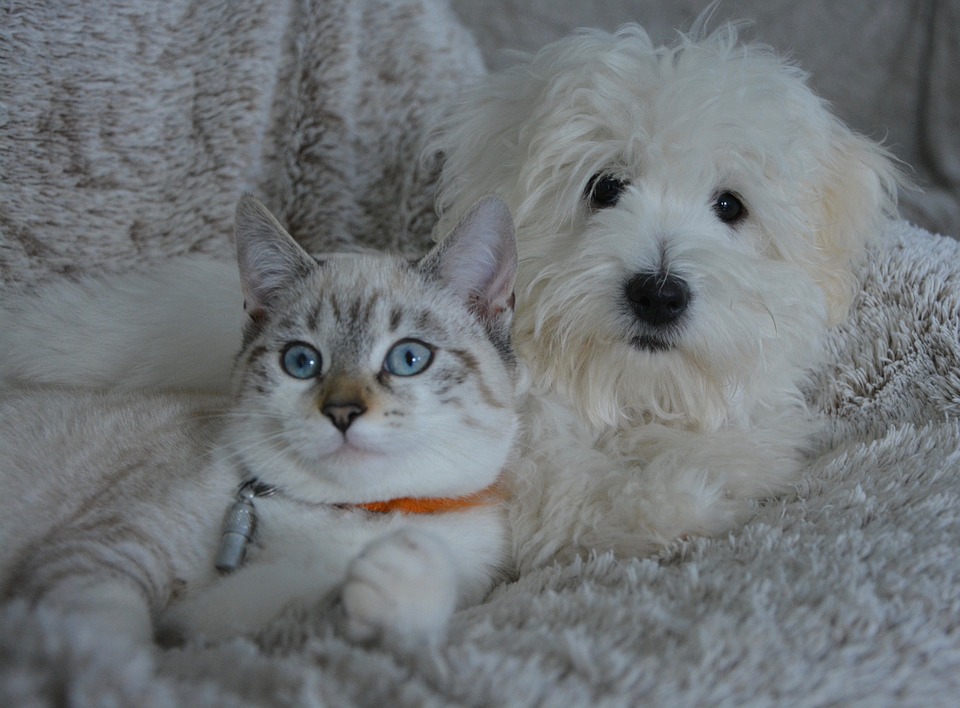Recognizing and managing symptoms of gastrointestinal problems in cats with sensitive stomachs is crucial for their overall health and well-being. Cats with sensitive stomachs often experience digestive upset, which can be challenging to identify and manage. However, with the right knowledge and care, you can help your feline friend lead a comfortable and happy life.
One of the common symptoms of gastrointestinal problems in cats is vomiting and regurgitation. If your cat has frequent episodes of vomiting or regurgitation, it could be a sign of a sensitive stomach. Additionally, the presence of bile or undigested food in vomit can indicate gastrointestinal issues.
Another symptom to watch out for is diarrhea. Cats with sensitive stomachs may have loose stools or watery bowel movements, often accompanied by an increased frequency of defecation.
Loss of appetite is another common symptom of gastrointestinal problems in cats. If your cat refuses to eat or has a reduced food intake, it could indicate a sensitive stomach. Weight loss or poor body condition may also be observed in cats with gastrointestinal issues.
Abdominal discomfort is another sign to look out for. Cats with sensitive stomachs may show signs of pain or discomfort in the abdominal area. Restlessness, pacing, or abnormal posture can indicate gastrointestinal problems.
To identify sensitivities and allergies, it is essential to observe your cat’s reactions after consuming specific ingredients. Food sensitivities can be identified by performing food trials or allergy tests in consultation with a veterinarian. Environmental allergies can be identified through constant itching, scratching, or excessive grooming. Allergen testing or elimination trials can help identify triggers.
Managing gastrointestinal problems in cats with sensitive stomachs involves several strategies. Dietary adjustments are crucial, such as feeding a hypoallergenic or sensitive stomach cat food and avoiding ingredients that trigger sensitivities or allergies. Establishing a regular feeding schedule can aid digestion, and sudden changes in diet or overfeeding should be avoided.
Probiotics and digestive enzymes can also be beneficial for cats with sensitive stomachs. Probiotics promote a healthy gut flora, while digestive enzymes aid in food digestion.
Stress management is essential for cats with sensitive stomachs, as stress can disrupt their digestive system. Creating a calm and anxiety-free environment for your cat and using pheromone diffusers or natural remedies can help reduce stress.
Here are some frequently asked questions (FAQs) about recognizing and managing gastrointestinal problems in cats with sensitive stomachs:
Q1. Can stress cause gastrointestinal problems in cats?
A1. Yes, stress can lead to gastrointestinal issues in cats, including sensitive stomachs. Cats are highly sensitive to changes in their environment, and stress can disrupt their digestive system.
Q2. How can I identify if my cat has a sensitive stomach or a more serious condition?
A2. If your cat experiences occasional episodes of digestive upset and quickly recovers, it may indicate a sensitive stomach. However, if the symptoms persist, worsen, or are accompanied by severe weight loss, it is crucial to consult a veterinarian to rule out any underlying health conditions.
Q3. Are there any natural remedies that can help manage gastrointestinal problems in cats?
A3. Yes, there are several natural remedies that can aid in managing gastrointestinal problems in cats. These include adding fiber to their diet, offering a bland diet during episodes of upset, or using herbal supplements known for their digestive benefits, such as slippery elm or marshmallow root.
Q4. Should I change my cat’s diet if I suspect a sensitive stomach?
A4. Yes, switching to a cat food formulated specifically for sensitive stomachs can often improve digestion and reduce gastrointestinal issues. However, it is essential to make gradual diet changes and monitor your cat’s response.
In conclusion, cats with sensitive stomachs require special attention and care to maintain their gastrointestinal health. By recognizing the symptoms, identifying sensitivities, and managing their diet and environment, you can help your feline companion live a comfortable and happy life. Remember, when in doubt, always consult with a veterinarian for professional guidance tailored to your cat’s unique needs.








